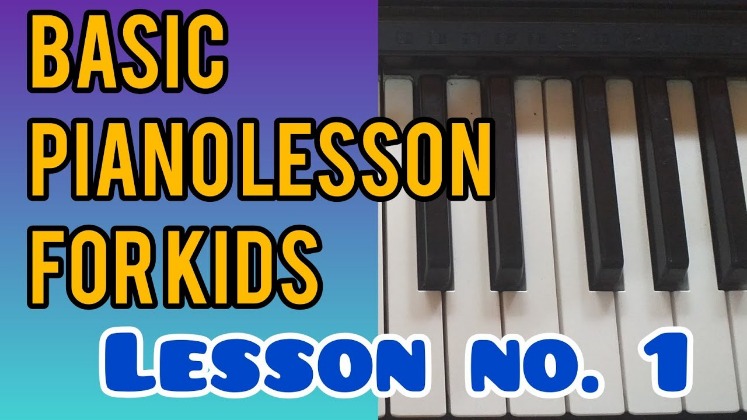Music has a profound impact on individuals, especially those with Autism Spectrum Disorder (ASD). Embracing specialized piano lessons for autism can offer significant benefits tailored to unique needs. This article delves into the transformative power of music, specifically through piano lessons designed for people with autism.
Benefits of Piano Lessons for Autistic Individuals
Individuals with autism often exhibit exceptional abilities and strengths. Customized piano lessons can help in several ways:
- Improved Motor Skills: Regular practice enhances fine motor skills and hand-eye coordination.
- Emotional Expression: Music provides a non-verbal outlet for emotions, aiding in emotional regulation.
- Cognitive Development: Reading music and playing the piano stimulate brain function and cognitive growth.
- Social Interaction: Group lessons or performance opportunities foster social skills and interaction.
- Self-Confidence: Mastering pieces boosts self-esteem and provides a sense of accomplishment.
Choosing the Right Piano Instructor
Not all instructors are equipped to teach students with ASD. Key factors to consider when selecting an instructor include:
- Experience: Look for instructors with experience in teaching students with autism.
- Patience and Adaptability: Instructors should be patient and capable of adapting lessons to meet individual needs.
- SENS Training: Special Education Needs and Sensory Integration training can be beneficial.
- Communication Skills: Effective communication is essential, especially for non-verbal or minimally verbal students.
Common Questions
Q: Can non-verbal autistic individuals learn the piano?
A: Yes, many non-verbal individuals can learn the piano. Music is a universal language, and with the right approach, non-verbal students can develop their musical skills.
Q: How often should lessons be?
A: Consistency is key. Regular, weekly lessons are optimal, but the frequency may vary based on individual needs and progress.
Read more about Piano lessons for Autism here.
Q: What type of piano is best for beginners?
A: A full-sized keyboard with weighted keys is ideal for beginners. Digital pianos are also great as they often have volume control and headphone capability, which can be beneficial for sensory-sensitive individuals.
Case Studies and Success Stories
Numerous success stories illustrate the positive impact of piano lessons. For instance, a study by the University of Durham found that musical training significantly improved social and communication skills in children with autism. Individual testimonies also echo these findings, showcasing personal growth and new-found passions ignited through piano lessons.
Conclusion
Specialized piano lessons for autism not only foster musical skills but also contribute significantly to overall development. The harmony between music and autism demonstrates the incredible versatility of musical education, making it a powerful tool for unlocking potential.
